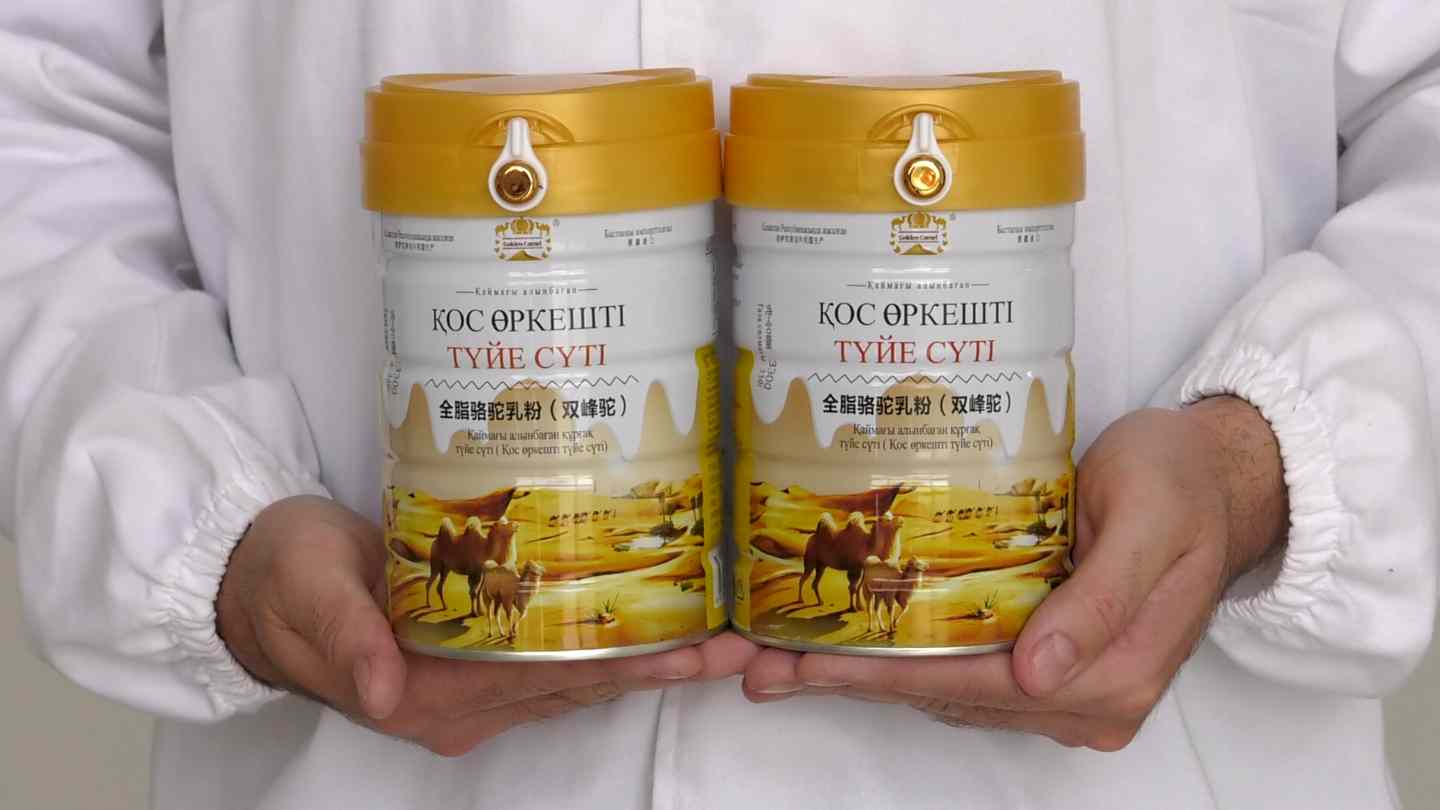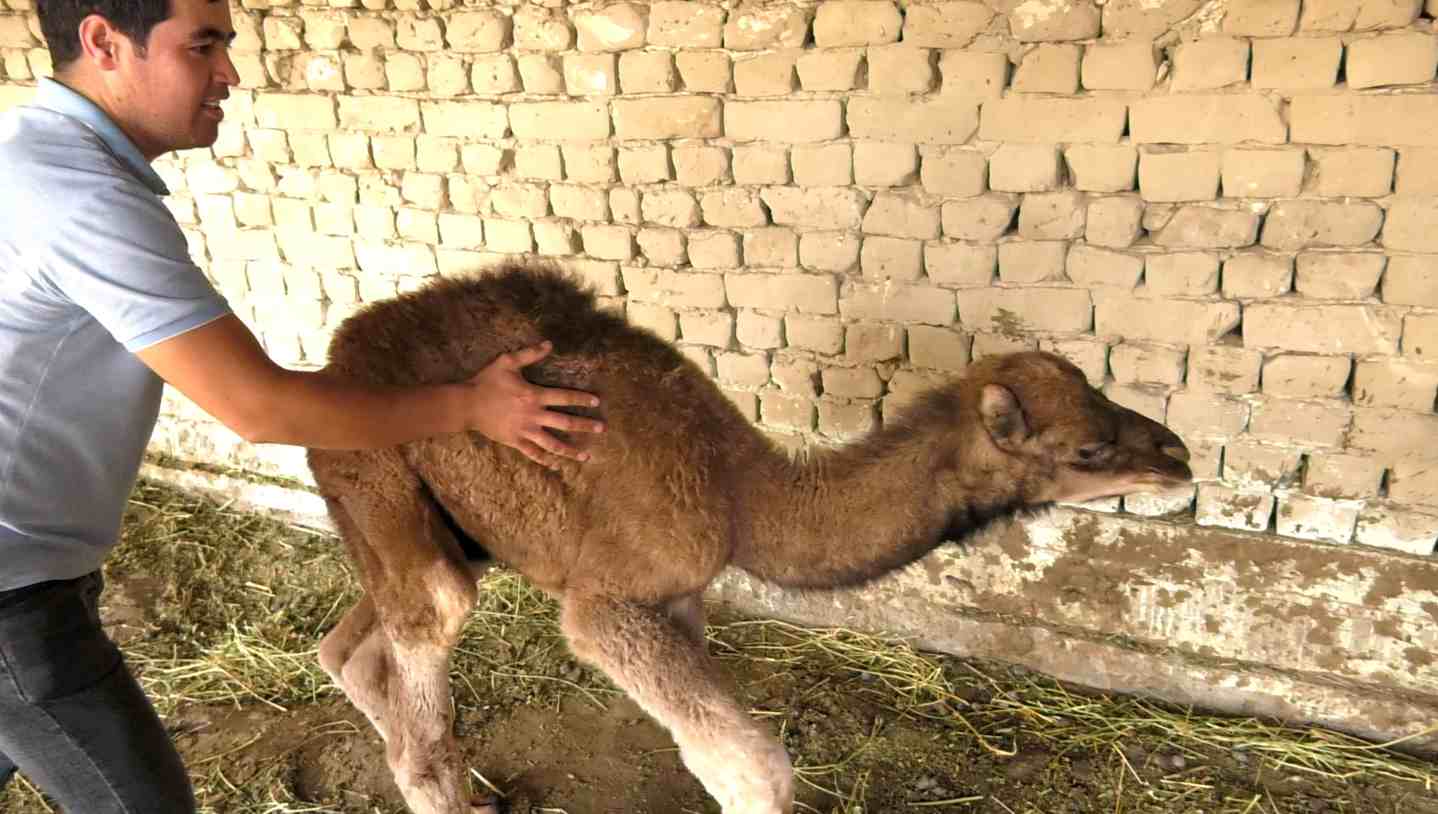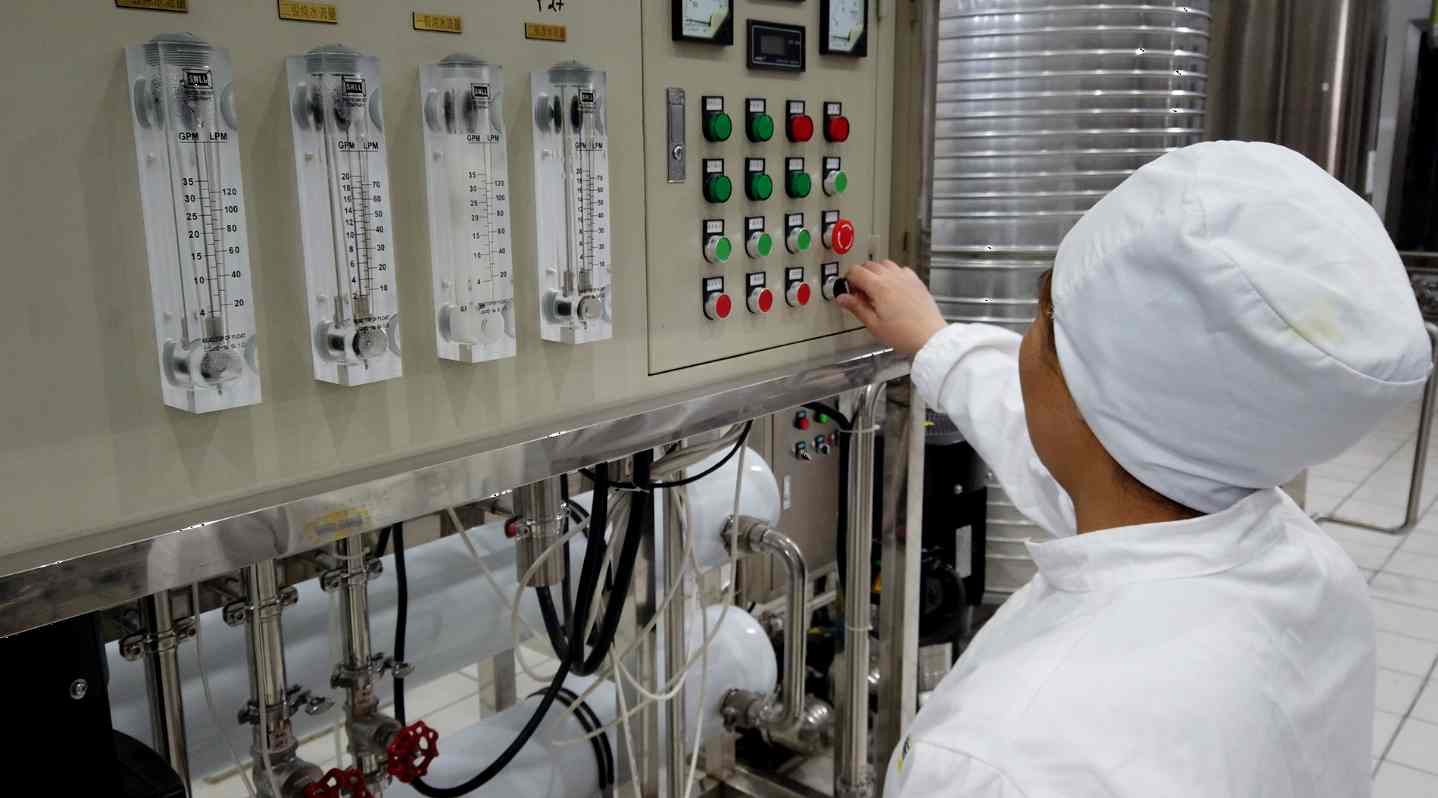
Money Stories
09:40, 04-May-2019
Camel milk's popularity on the rise in Kazakhstan
Updated
17:45, 04-May-2019
By Michal Bardavid

In beyond the beautiful red fields of Turkistan region in southern Kazakhstan a new industry is booming – camel milk. Though it is too soon to say that it will replace cow milk one day, many experts argue that the health benefits of camel milk are even better, however, the product is more expensive.
To take advantage of the increase in global demand, a joint China-Kazakh project has been launched for camel milk powder production.
The Golden Camel Group (GCG) has opened a factory in Kazakhstan's Turkistan industrial zone to produce camel milk powder. The production unit is ready and it is expected to start operation in August. The factory is the first of its kind in Kazakhstan and officials claim it is also the largest of its kind in the world due to its daily production capacity.
The agreement to cooperate with China regarding camel milk is one of the 55 deals signed within the scope of the Belt and Road Initiative (BRI).
Zhazira Ozatkyzy, deputy director of the GCG, said "95 percent of our products will be exported to China. Nowadays, the Chinese market is a very big market for us: There is huge demand for camel milk in China."

CGTN Photo
CGTN Photo
The production capacity of the plant is about 100 tons a day. It comes as good news for regional farmers who supply raw camel milk to the factory.
Wang Lijuan, head of the GCG laboratory, explained that once the milk arrives at the factory, samples are examined for different indicators, such as protein, fat and acid levels.

CGTN Photo
CGTN Photo
There are many known benefits of camel milk such as strengthening the immune system, and fighting diabetes. It's also believed to have the closest components of human breast milk.
Though it is a niche market, the interest in camel milk around the world is on the rise. The GCG is aiming to expand its export market to Australia and Europe in the near future.

SITEMAP
Copyright © 2018 CGTN. Beijing ICP prepared NO.16065310-3
Copyright © 2018 CGTN. Beijing ICP prepared NO.16065310-3